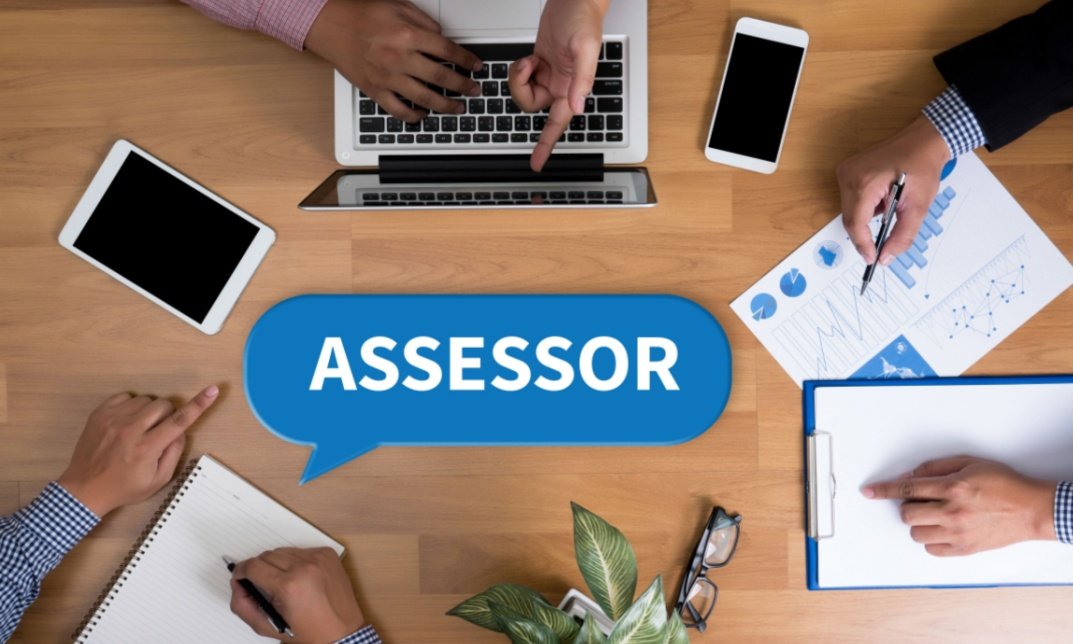No products in the cart.
HLTA stands for Higher Level Teaching Assistant. In the UK, HLTA is a role within schools where individuals take on additional responsibilities and duties beyond those of a standard teaching assistant. They often support teachers in planning and delivering lessons. Furthermore, they assess students’ progress and even lead classes under the supervision of a qualified teacher. HLTA status requires additional training and qualifications compared to regular teaching assistants.
What are the HLTA Standards?
The HLTA standards provide a framework for schools and training providers. It also assesses HLTAs’ competency and supports their ongoing development in their position. Here are the standards of HLTA discussed below:

The foundation of Knowledge and Understanding:
- Good understanding of educational principles.
- Knowledge of child development and learning theories.
- Familiarity with relevant policies and procedures.
Planning, Delivery, and Assessment of Learning Activities:
- Ability to plan and deliver appropriate learning activities.
- Capability to assess students’ progress.
- Skill in providing feedback to support learning.
Subject and Curriculum Knowledge:
- Good understanding of supported subjects.
- Knowledge of broader curriculum objectives.
- Adaptability to support different subjects and contexts.
Professional Attributes:
- Effective communication skills.
- Ability to work collaboratively with others.
- Commitment to continuing professional development.
How to become a HLTA: The Right Way
Becoming a higher level teaching assistant requires educational qualifications, training, experience, and necessary skills. The following factors are discussed below:
Educational Qualification
To become a Higher Level Teaching Assistant (HLTA), you usually need at least five GCSEs in grades A*-C/9-4, including English and Maths. While having other qualifications like a foundation degree or Level 4 Higher Level Teaching Assistant certificate can be helpful, they’re not always required. The most important thing is to have a good basic education, especially in English and Maths, to support your work in school.
HLTA Training
To prepare for the demands of the role, HLTAs can take specialised training programs designed to meet their needs. These programs cover various aspects of classroom management, instruction methods, and student support strategies. Furthermore, continuing professional development opportunities allow HLTAs to stay updated on the newest developments and best practices in teaching.
Experience
HLTA is a step up from a standard Teaching Assistant (TA) role. Schools look for candidates who have already succeeded in a classroom environment, understand student needs, and can effectively support teachers. This experience provides a foundation in classroom dynamics and teaching methodologies.
Necessary Skills
Teaching assistants must be equipped with various skills in order to become higher level teaching assistants. Here is a list of the necessary skills needed to become a HLTA:
- Communication: Excellent communication skills are needed to work effectively with students, teachers, and parents.
- Literacy & Numeracy: Strong literacy and numeracy skills are important for supporting learning.
- ICT Proficiency: Ability to use information and Communication Technology (ICT) to support teaching and learning.
- Teaching & Learning: Ability to use various teaching and learning strategies to cater to different needs.
- Patience & Understanding: Patience and understanding when working with children in a learning environment.
- Independence & Initiative: Ability to follow instructions and work independently while taking initiative.
- Organisation & Time Management: Excellent organisational and time management skills are needed to manage workloads effectively.
What does an HLTA do: Roles and Responsibilities
HLTAs work under the supervision of the teacher and have well defined duties in their educational settings. However, the roles and responsibilities of an HLTA may vary in different circumstances. Here are some common roles and responsibilities of an HLTA:
Supporting Teaching and Learning
- Lesson Planning & Delivery: Collaborate with teachers to plan and prepare lessons, sometimes taking on whole-class teaching during planned absences or to provide teachers with prep time.
- Assessment & Evaluation: Assist with assessing learner’s progress, recording data, and reporting back to teachers.
- Differentiation: Delivering targeted support to individual pupils or small groups based on their specific needs.
- Learning Resources: Creating or organising learning resources to support classroom activities.
Classroom Management & Learner’s Welfare
- Behaviour Management: Implement positive behaviour management strategies to ensure a safe and orderly learning environment.
- Special Educational Needs (SEN): Provide support to learners with SEN, working alongside teachers and specialists.
- Inclusion: Promote the inclusion of all students in class activities and ensure their participation and well-being.
Communication & Collaboration
- Cooperating with Teachers: Working closely with teachers to understand curriculum goals and develop teaching strategies.
- Communication with Parents: Communicate with parents about their child’s progress, following school policies and guidance.
- Collaboration with Other Professionals: Collaborate with learning support staff, counsellors, or other professionals involved in student support.
General Responsibilities
- Professional Development: Continuously develop their own skills and knowledge to stay up-to-date with teaching methods and best practices.
- Maintaining Confidentiality: Adhere to school policies regarding the confidentiality of learner information.
- Health & Safety: Promote a safe learning environment and follow health and safety protocols.
What are the reasons for becoming an HLTA?
There are many reasons why you should become an HLTA. The rewards of this profession is very dynamic. Here are some of the reasons for becoming an HLTA:
- Rewarding Career: HLTAs play a significant role in shaping young minds and have the opportunity to directly impact students’ educational journeys. Witnessing their progress and success can be significantly rewarding.
- Making a Difference: HLTAs play a crucial role in supporting teachers and ensuring a positive learning experience for all students.
- Variety & Challenge: The role offers a dynamic environment with daily tasks that vary depending on student needs and classroom activities.
- Career Progression: This role can be a stepping stone to becoming a qualified teacher or a fulfilling career in its own right.
- Flexible Work Schedule: Depending on the school, HLTA positions might offer part-time or flexible hours, allowing for a good work-life balance.
- Supportive Environment: Schools typically value their HLTAs and provide support and opportunities for professional development
- Working with Children: If you enjoy working with children and have a passion for education, then this role allows you to directly contribute to their development.
How much does a higher level teaching assistant earn?
The salary of a Higher Level Teaching Assistant (HLTA) in the UK can vary depending on factors such as location, experience, and the specific school or education authority. However, the salary of the HLTA is given below:
- Teaching Assistant – £14,000 to £25,000
- Learning Support Assistant – £15,000 to £23,000
- Special Educational Needs (SEN) Teaching Assistant – £16,000 to £26,000
- Classroom Assistant – £13,000 to £21,000
- Education Support Worker – £15,000 to £24,000
- Behaviour Support Assistant – £16,000 to £26,000
- Cover Supervisor – £16,000 to £25,000
- Higher Level Teaching Assistant (HLTA) – £18,000 to £30,000
Conclusion
In conclusion, becoming a HLTA offers a rewarding path for those who want to make a positive impact in the lives of children. It provides an opportunity to develop valuable skills, contribute to a dynamic learning environment, and potentially pave the way for a teaching career. If you’re passionate about education and enjoy working with children, then becoming a HLTA could be the perfect next step in your
career. Remember, the role requires dedication and a commitment to ongoing learning, but the rewards of shaping young minds can be truly inspiring.





